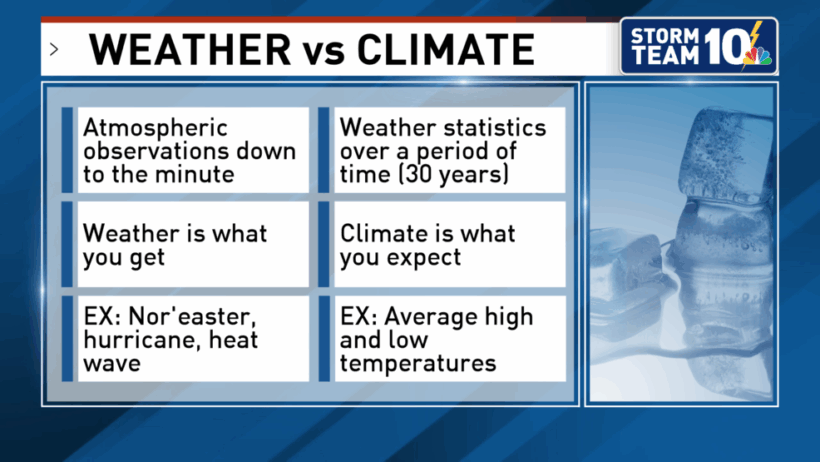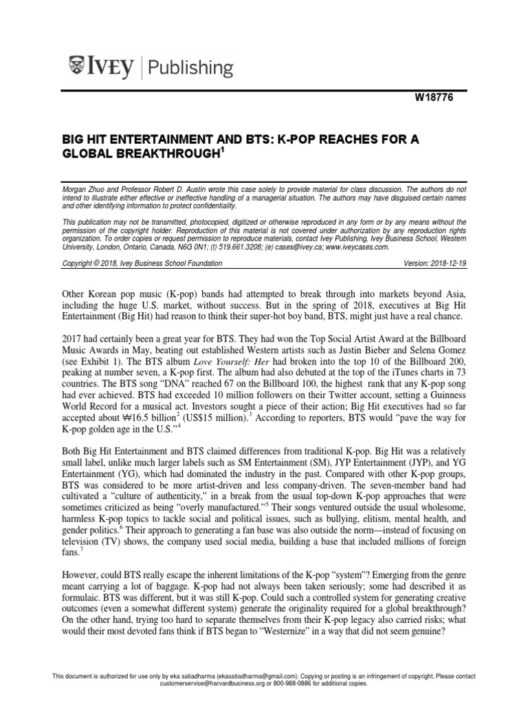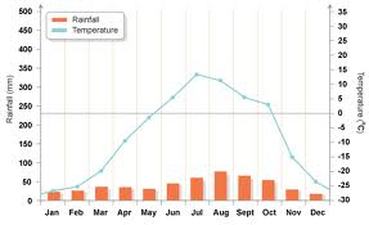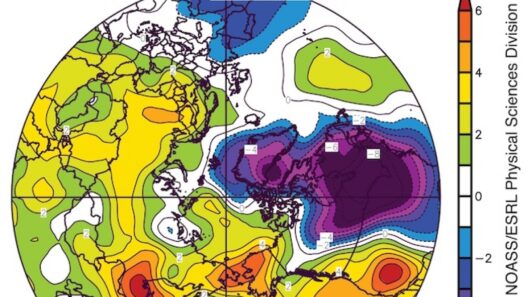In the realm of meteorological phenomena, many individuals often conflate the terms “weather” and “climate.” While both pertain to our atmosphere, they encapsulate fundamentally different concepts. Understanding the distinction between weather and climate not only enriches our comprehension of environmental science but also underscores the urgent implications of climate change.
Defining Weather
Weather constitutes the short-term atmospheric conditions in a specific location, typically observed over minutes to days. Phenomena such as rain, snow, wind, temperature fluctuations, and humidity illustrate the immediate interactions within the Earth’s atmosphere. When one checks a weather app to decide whether to carry an umbrella, they engage with the transient nature of weather. Influenced by atmospheric pressure, moisture, and temperature variations, weather events can be unpredictable and are often subject to rapid changes.
Defining Climate
Conversely, climate refers to the long-term patterns and averages of weather in a given region, typically assessed over periods extending to decades or centuries. It encompasses the statistical summary of temperature, precipitation, humidity, wind patterns, and other weather-related variables over time. For example, the climate of a tropical region is characterized by high temperatures and significant rainfall, while polar climates exhibit frigid temperatures and minimal precipitation. This temporal distinction between weather and climate is crucial for understanding environmental systems and long-term ecological trends.
The Relationship Between Weather and Climate
While inherently different, weather and climate are intricately linked. Weather can be seen as the building blocks that contribute to the larger climate picture. The climate of a region is shaped by the cumulative weather patterns it experiences. For instance, repeated instances of heavy rainfall over years can influence the climatic classification of an area from arid to humid. Therefore, recognizing the interplay between short-term weather variations and long-term climate trends provides insights into the broader environmental context.
Why the Distinction Matters
The distinction between climate and weather bears significant implications, particularly in the discussions surrounding climate change. When individuals mistakenly attribute temperature anomalies or unusual precipitation events to climate change, they may overlook the complexities involved. Weather events, influenced by a myriad of factors, can create misleading narratives. A single cold winter does not disprove global warming; it is essential to view these phenomena within the broader frame of climate data accrued over a span of years.
Implications for Climate Change Awareness
This misunderstanding exacerbates the challenges of communicating climate change effectively. When the public conflates weather with climate, it risks diminishing the perceived urgency surrounding climate action. Awareness campaigns about climate change must clearly delineate these concepts to foster a deeper understanding of how human activities, particularly the emission of greenhouse gases, can alter long-term climatic patterns. For instance, while extreme weather events—like hurricanes or droughts—are an immediate concern, the more insidious threat lies in the gradual shift of climatic conditions over decades.
The Role of Data in Understanding Climate
Data plays a pivotal role in differentiating weather from climate. Meteorologists utilize advanced technology and data collection, including satellite imagery, ground-based sensors, and climate models, to forecast weather. In contrast, climatologists analyze long-term datasets to discern trends, such as rising average global temperatures. This data-driven approach fosters a scientific understanding of how current weather patterns relate to overarching climatic changes. Such insights reveal alarming trends: the unprecedented rise in global temperatures, severe weather events intensifying, and long-term shifts in ecosystems and wildlife. These trends necessitate global attention and action.
Public Policy and Climate Action
The ramifications of climate misunderstanding extend to public policy and geopolitical discussions. Effective climate action is predicated on informed decision-making. Policymakers must distinguish between immediate weather events that require tactical responses and long-term climate strategies that necessitate systemic change. For instance, responding to the immediate aftermath of a hurricane involves short-term emergency measures, whereas addressing climate change requires investments in renewable energy, infrastructure adaptation, and mitigation strategies. Thus, a well-informed public can better advocate for and contribute to meaningful changes in policy.
Educational Outreach
The critical importance of distinguishing between weather and climate spills over into educational initiatives. Schools, universities, and community organizations must prioritize meteorology and climate science education to build a more informed populace. Engaging young learners through interactive lessons that demonstrate the differences and connections between weather and climate will foster a generation poised to take climate action seriously. Public engagement, through workshops and outreach programs, can demystify these concepts, empowering individuals to take ownership of their environmental impact.
Conclusion
The distinction between climate and weather is not a mere academic exercise. It has profound implications for our understanding of the planet’s future in the face of climate change. By elucidating this difference, we foster a deeper appreciation of our environment, driving home the necessity for proactive and informed responses to the ongoing climate crisis. Ultimately, embracing this knowledge equips individuals and communities to advocate for sustainable practices and policies, thereby securing a healthier planet for future generations.








